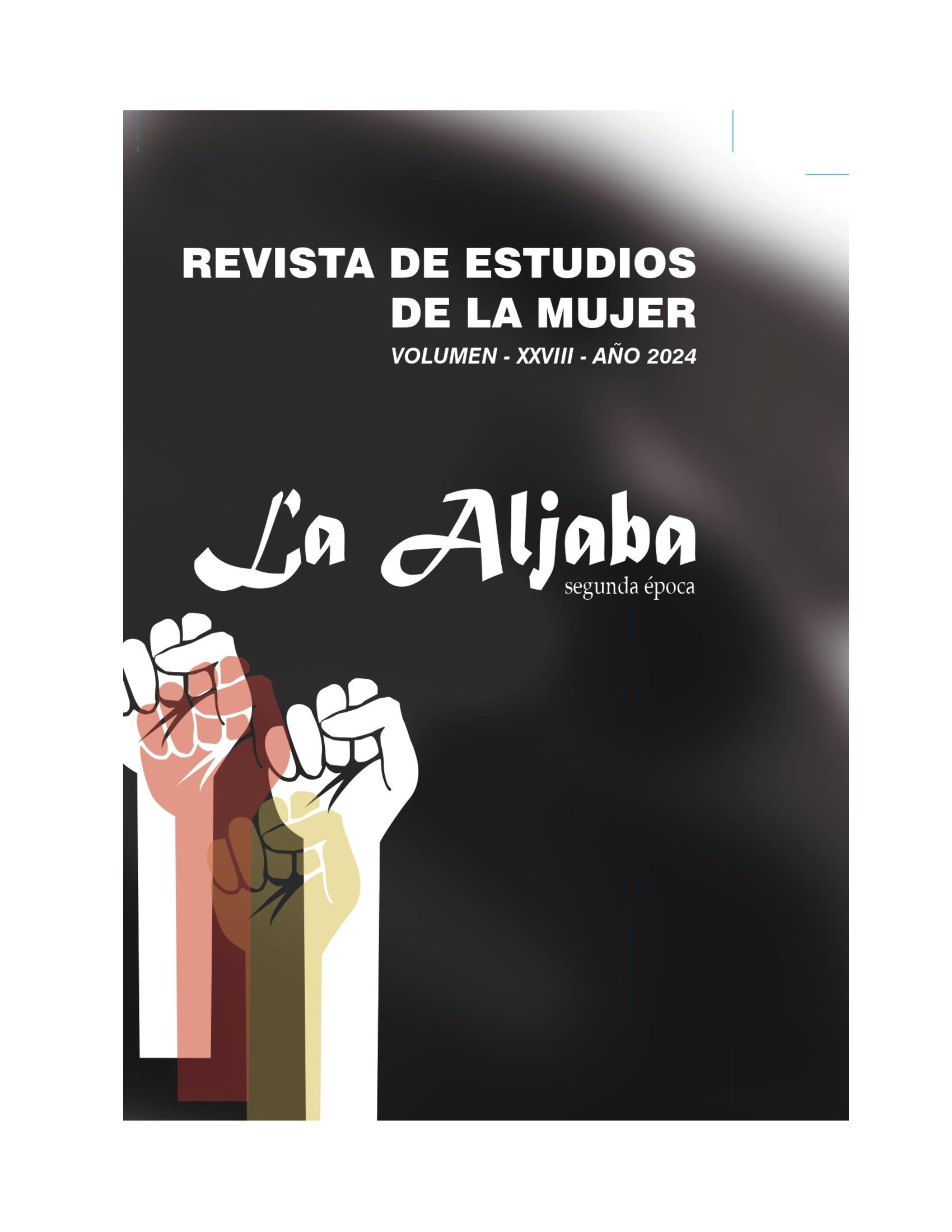The “woman” in the early philosophy of Alexandra Kollontai: an analysis of the figures of “bourgeois woman” and “working woman”
Keywords:
Kollontai, woman, bourgeois, workerAbstract
In the following article, we propose to study the concept of “woman” according to the thought of Alexandra Kollontai (1872-1952) from a philosophical-feminist perspective. We note that the concept is polysemic: from its analysis we can see, on the one hand, a generic or integral conception of women and, on the other, a series of concrete expressions or figures of life. His study implies an access to the work of Kollontai little explored until now. In the first place, we are interested in presenting the generic concept, emphasizing the points of encounter between all the figures and focusing on the problematic condition of every woman, without class distinction. Secondly, we will focus on the “bourgeois woman” and the “working woman” for representing and embodying opposing ideologies and lifestyles. For this, we will use as main works The social foundations of the feminine question (1909) and The new woman (1913).


















4.jpg)




